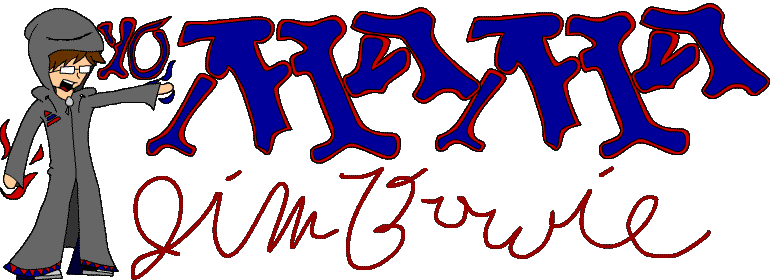The game is actually simple in design, although some players may be a bit overwhelmed. The board starts out cleared, except for each player controlling a single figure that represents themselves- their Planeswalker. If it dies, it's game over. And each planeswalker starts with 200 points of life, the MtGT version of 20. The reason for multiplying all the stats by ten is that the planeswalkers themselves have five points of power- so by default you aren't completely helpless.
Mana gathering in the game operates without the need of land cards. Instead, at the start of each of your planeswalker's turns, your maximum holding of mana increases by one, and you then gain a random amount of mana of each color based upon the number of colored symbols in your deck. So for example, if I built a deck that had twenty black, twenty red, and ten blue, on my first turn I would have a 40% chance of black, a 40% chance of red, and a 20% chance of blue. On my next turn, my pool empties out, my reserve increases by one, and then I fill that reserve with two mana, each randomly generated with that very same table, one at a time. In that way, you have a bit less control over what kind of mana you have available, and there's even a small chance that you'll end up with five mana of a single color even though it's a 50-50 split. However, it's also a guarantee that you'll never miss a land drop.
Creatures in MtGT play a very significant role. Each has their own movement speed in addition to the normal power/toughness fare, and as you can imagine, ranged units are extremely powerful. The newest change, however, is the initiative system. Basically, there's this invisible counter that starts off a round at the highest value initiative in play, and each unit with the highest number gets a turn in the order they hit play. After every unit that can act gets their chance to, the counter goes down one. Then, all units with the highest number go, then all the units that have one less than highest but still greater than or equal to the counter get their turn, etc. etc. And when the counter hits zero, it resets at the top.
Nothing like a zombie horde attacking Tolaria West in the morning.
The counter moves down to four, and that means the Planeswalkers finally get to make their move. But before that, the Vampire gets to go again, since his initiative is higher. He takes his turn, and then the first player gains control of their planeswalker (since theirs technically started the game first, they always hold priority over the opposing planeswalker). She decides that she's lost her board advantage and needs another creature fast, so she summons an ogre to defend herself with (init 4). The second planeswalker casts another copy of his Vampire (init 5). Since all the units with init 5 already made their moves, priority then passes to the newly summoned Ogre, who conveniently kills the newly summoned Vampire.
When the counter moves down to three, turn order will progress in the same way as the one just before it, since it has yet to reach 2 the zombie's been sitting there the entire time prone. So as you can see, high initiative is powerful to have, but is usually only possessed by the weakest creatures, such as Raging Goblins. Most creatures have 4-5 initiative, which means they either act right before or right after the planeswalkers do. But managing the turn order is one of the most important skills to master in MtGT. (there is a sidebar in-game that keeps track of it for those of us that don't like thinking so far ahead, but it doesn't give the actual numbers. Nothing in the game actually displays what the counter's currently at, unfortunately. But the general rule is that something with init 4 moves twice as often as something with init 2.
In any case, as I said before, the game functions very similar to Magic: Online, in which packs can be bought for cash and then sold to other players, the profits going into entry fees for tournaments, and the tournaments win you packs, which you take from what you need and sell the proceeds to enter more tournaments. For the good players, that means they'll never have to spend more than a few bucks, if anything. And if you just want the game to fool around, there's daily quests against NPCs (which can earn you money as well) and Pick Up Games, which operate in the same way as Magic: Online. No rewards, no penalties, just playing around for the hell of it.
I do warn everyone in advance, however, that many players are reporting a whole lot of bugs. There were recent fixes as of yesterday and so far I have yet to receive any problems, but I'm sure that some are still out there. Play at your own risk.
-You know what doesn't involve risk? Liking us on FaceBook! That way, you can stay up to date on all my articles and the various happenings of the multiverse. Expect more articles about MtGT, not to mention the wealth of information on Type 2, limited, and various tournament coverage as well. Like Yo Mama, she'd be proud.-


No comments:
Post a Comment